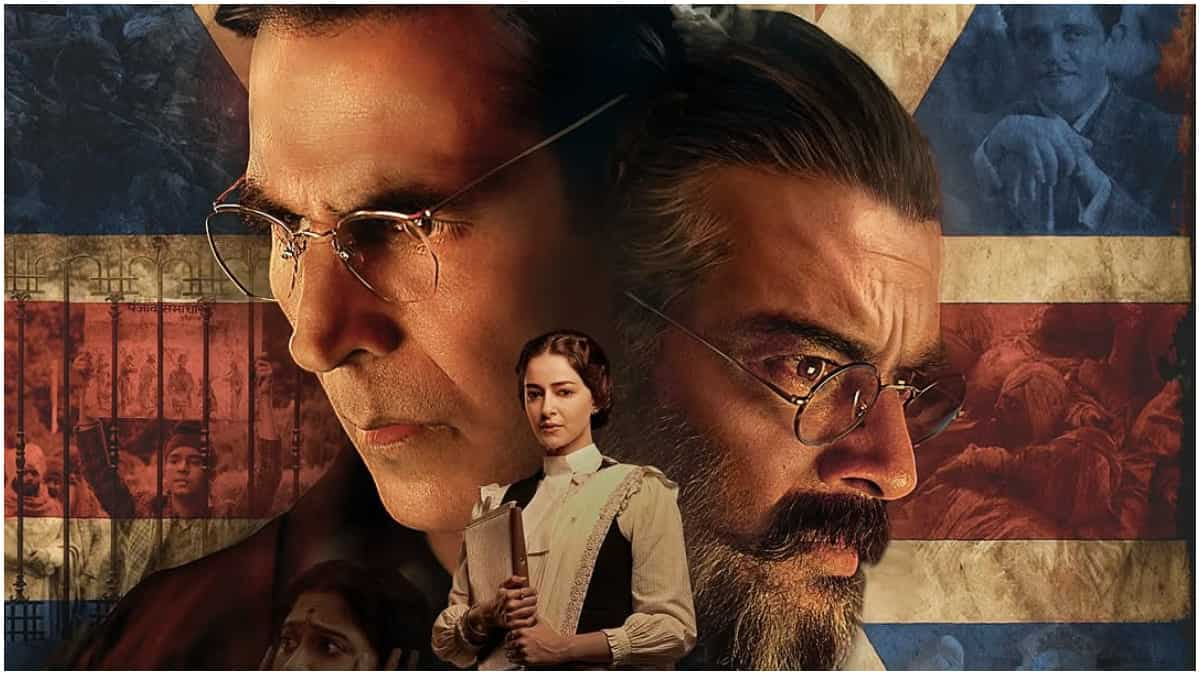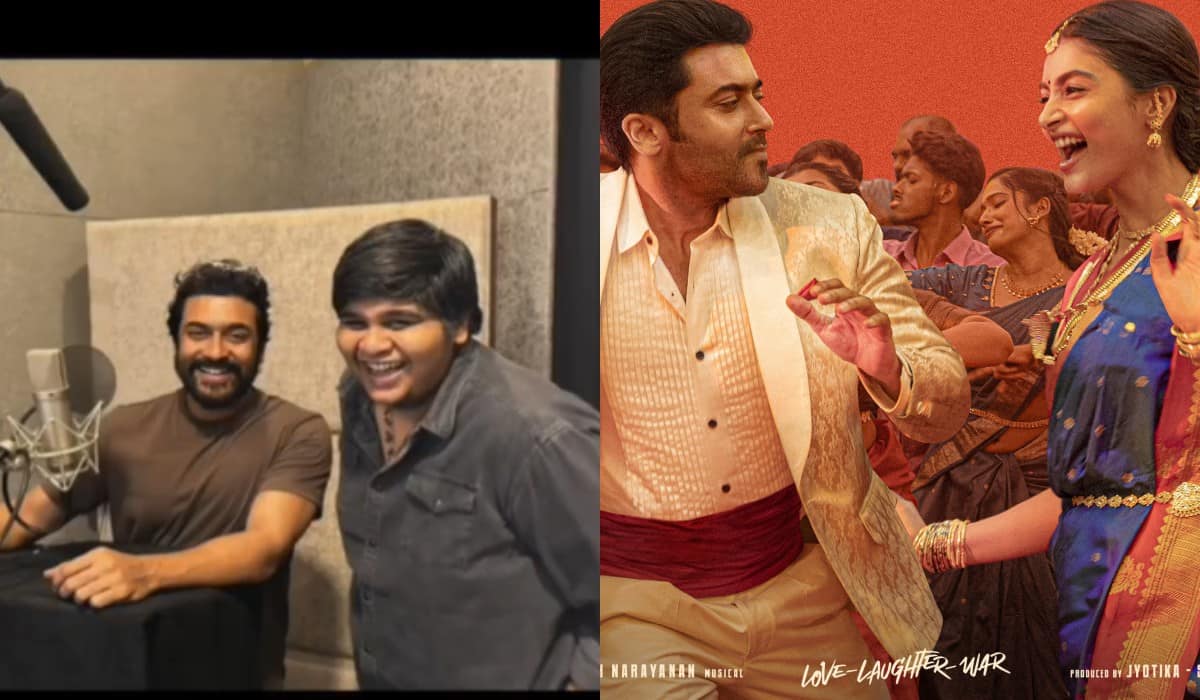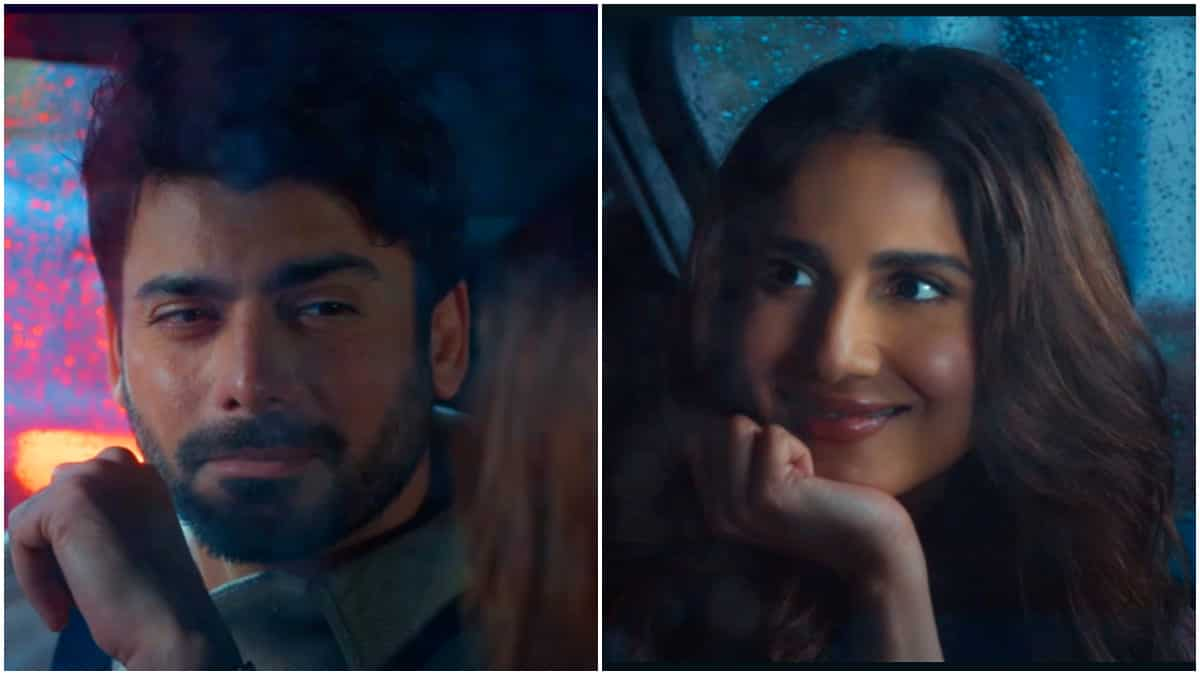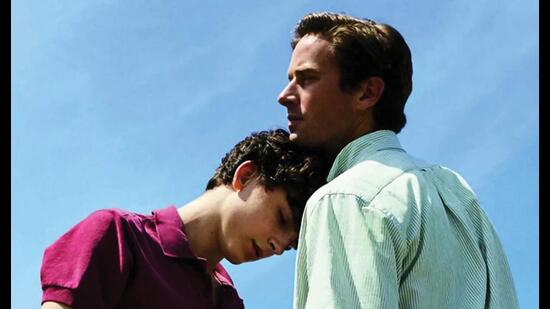
Anti climax: Why are women’s coming-of-age tales only about sex?
8 months ago | 74 Views
Babe, wake up. Something strange is happening with coming-of-age plots. In both movies and TV shows, what used to be a rounded look at maturity is now merely a montage of sex scenes with a vague message about empowerment at the end.
Are we reading this wrong? Consider Poor Things, Yorgos Lanthimos’ 2023 movie starring Emma Stone. An infant brain in a grown-woman’s body is a great opportunity to view adulthood, social contracts, womanhood and love in a new way. Instead, Stone spends too much time naked, her character doing “furious jumping” with men for money, trying to convince us that exploitation is empowerment.
It’s almost voyeuristic, it’s uncomfortable to watch, it’s getting old. Blue is the Warmest Colour, the Cannes 2013 darling, is about a young French lesbian Adele’s first love and heartbreak. That’s not why it was a much-downloaded foreign film for years. The film has a seven-minute sex scene that seems aimed at straight male viewers. “Like homophobia, the lesbian here melts away,” writes film scholar Sophie Mayer. “As with many male fantasies of lesbianism, the film centres on the erotic success and affective failures of relations between women”. Adele also grew up in other ways. None of them seem to matter in the movie.
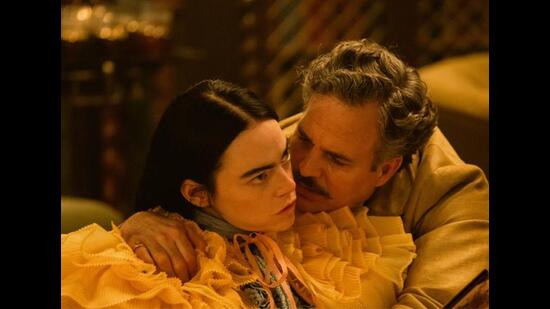
Somersault, an Australian movie about Heidi, a teen navigating her sexual power and vulnerability, won every major award (13 in total) at the 2004 Australian Film Institute Awards. And yet, most of Heidi’s decisions make no sense. Why stand naked in the snow while a boyfriend drives off in a rage? Why try to have sex with two guys at the same time, because “I didn’t want to be alone”?
There’s a larger question here: How come most sexual-awakening stories are about women? Men’s awakenings, in comparison, are often hilarious. Most ’90s kids will recall that moment from American Pie (1999), when teen virgin Jim, after hearing someone describe sex as warm apple pie, ends up experimenting on the baked goods cooling on the kitchen counter.
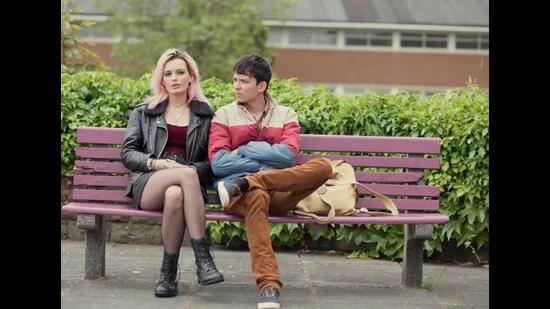
Or, the moments are tender, and sensitive. In Call Me by Your Name (2017), young Elio, who’s trying to process his feelings for older, handsomer Oliver, quietly lets his feeling out into a ripe peach. No nudity, no voyeurism, no furious jumping.
Boys get coming of age movies such as Dead Poets Society (1989), and Jojo Rabbit (2019). Women get She (2020 - ), a show about Bhumi, a young police officer working undercover as a prostitute. Female maturity, apparently, comprises just that one milestone.
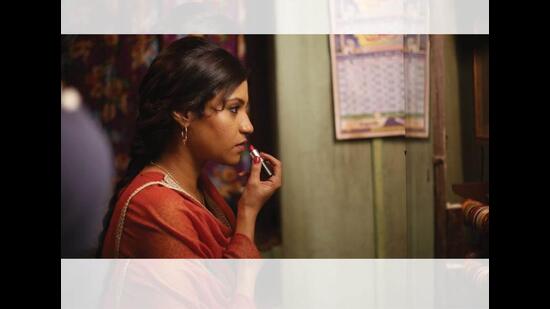
Of course, female sexuality shouldn’t be hidden or repressed. But this is hardly the liberation Hollywood and Bollywood make it out to be. Well-told tales of women’s financial, ethical, political awakenings, are few. Lipstick Under My Burkha (2016) did it without peddling soft porn. Sex Education (2019 – 2023) makes growing up seem messy, complicated and frustrating for all genders, just like it is in real life. Big Mouth (2017 - ) does justice to a wide range of sexual behaviours and experiences without seeming tawdry. But for every good show and movie, there’s a Ragini MMS 2 or 50 Shades of Grey pretending to be a feminist manifesto.
Think of all the Barbies in Barbie (2023), and how little they actually understood of the world. Poor things.
Read Also: drawing room: why aaron myles pereira is intrigued by yaswant singh’s art









